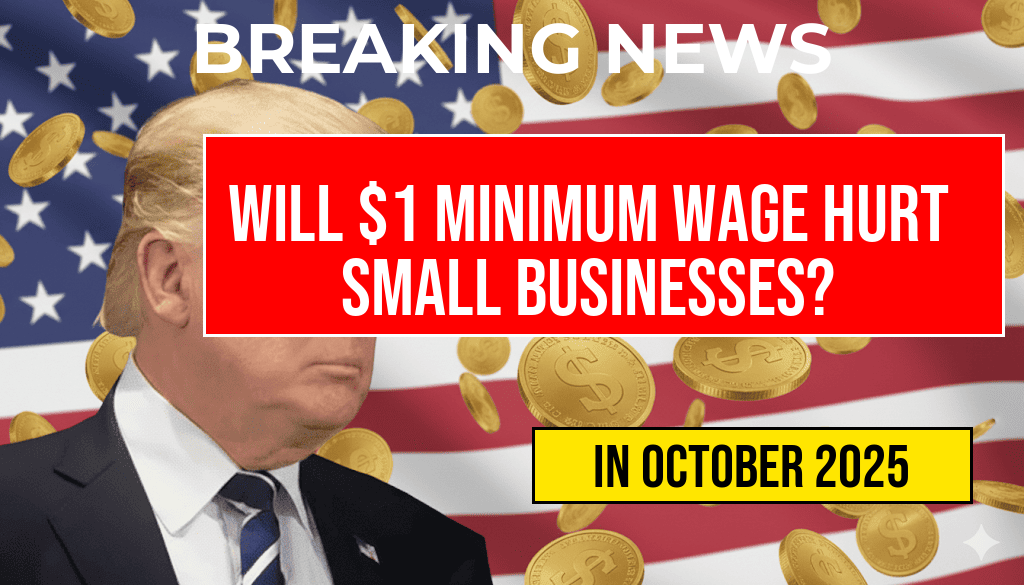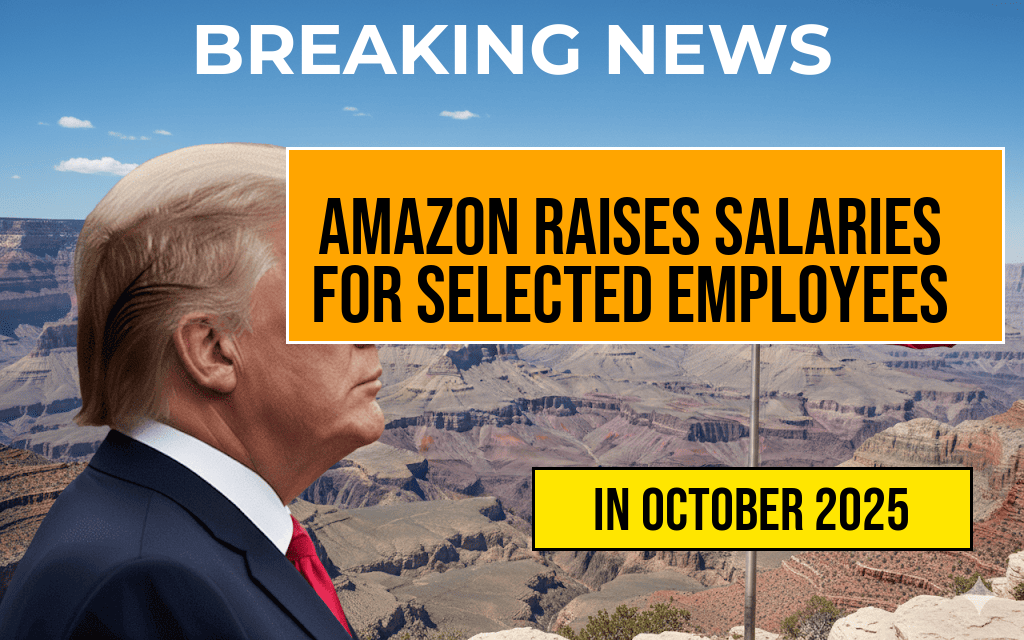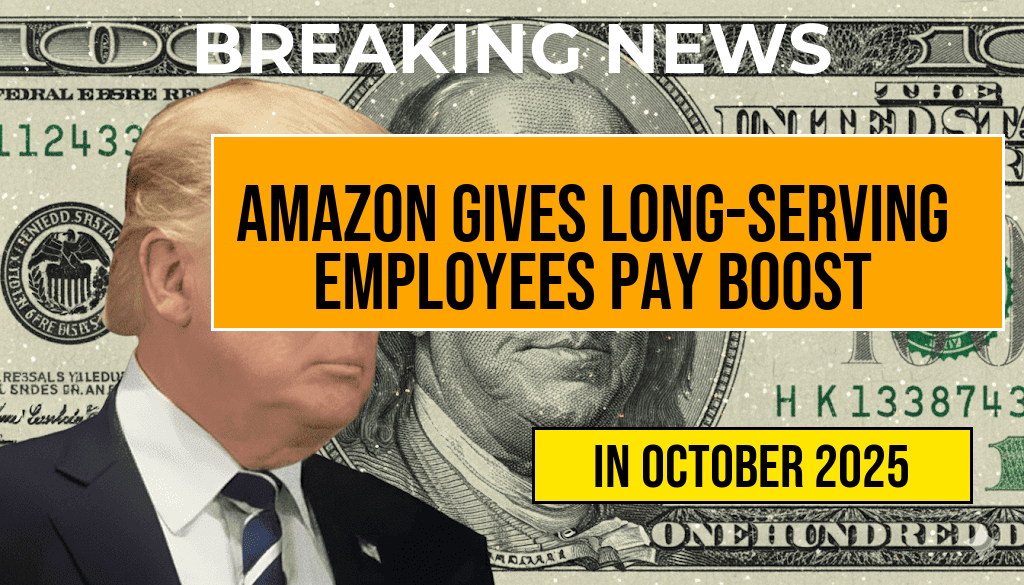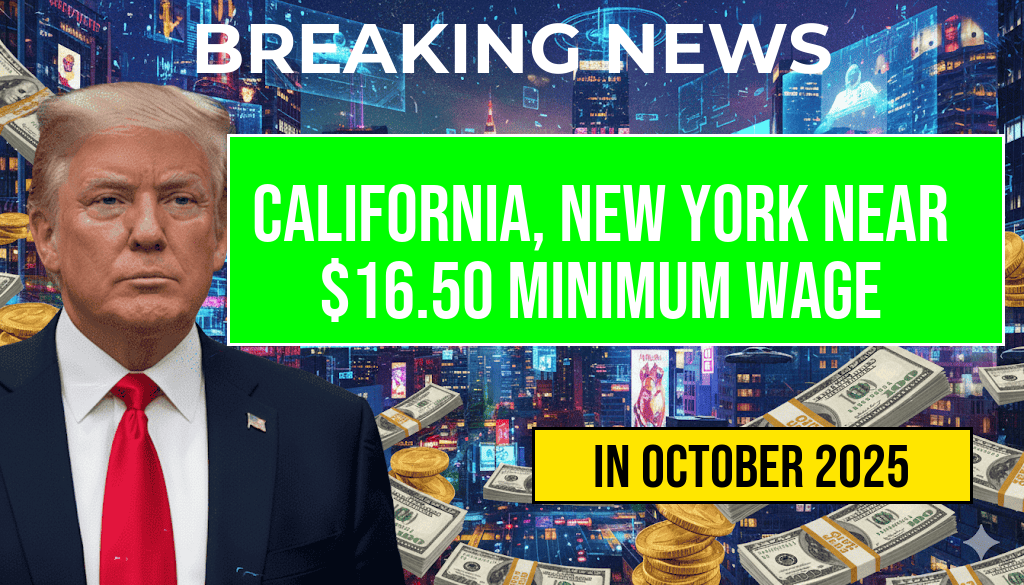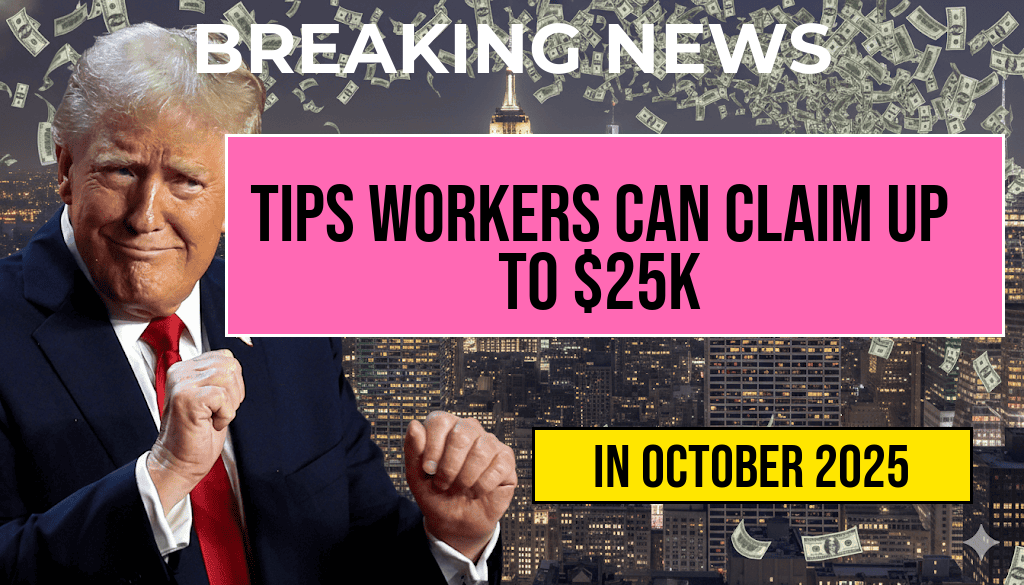Amid ongoing debates over wage policies, a proposal to set the federal minimum wage at $1.00 per hour has reignited concerns among small business owners and economic analysts. The suggestion, largely theoretical at this stage, raises questions about the potential impacts on employment levels, business viability, and economic growth. Critics argue that such a drastic decrease from current standards—where the federal minimum wage is $7.25—could lead to widespread layoffs, reduced hours, and a contraction of small businesses that form the backbone of local economies. Supporters, however, contend that it might encourage innovation and reduce regulatory burdens. While policymakers have yet to seriously consider implementing a $1.00 minimum, understanding the potential consequences offers insight into the complex dynamics between wage policies and employment stability.
Understanding the Context of Minimum Wage Policies
Federal minimum wage laws have historically aimed to ensure a basic standard of living for workers while balancing economic growth. Since 2009, the minimum has remained steady at $7.25 per hour, adjusted periodically by inflation and legislation. The idea of drastically lowering this threshold to $1.00 per hour diverges sharply from established norms and would represent a radical shift in labor policy. Such proposals are often rooted in ideological debates over the role of government regulation and market freedom, with some arguing that very low wages could stimulate employment by lowering labor costs.
Potential Economic Impacts of a $1.00 Minimum Wage
Employment and Small Business Survival
- Increased layoffs: Small businesses, which typically operate with tight profit margins, may find it unsustainable to retain employees at such low wages. This could lead to significant layoffs, particularly among entry-level and part-time positions.
- Reduced hours and benefits: Employers might cut employee hours or shift costs onto workers in other ways, such as fewer benefits or less job security.
- Business closures: In extreme cases, small businesses unable to adapt could shut down, reducing local employment opportunities and economic activity.
Worker Welfare and Productivity
- Decreased purchasing power: Workers earning $1.00 per hour would have minimal income, severely limiting their ability to meet basic needs, which could decrease overall consumer spending and economic demand.
- Potential declines in productivity: With minimal compensation, workforce motivation and productivity might suffer, leading to inefficiencies and higher turnover rates.
Historical Precedents and Economic Theory
While there are no recent instances of a national minimum wage set at $1.00, historical examples of wage reductions or frozen minima provide some insight. Economists generally agree that extremely low wages can suppress consumer spending and lead to increased poverty levels. The Wikipedia entry on minimum wage notes that most economic studies find higher minimum wages correlate with increased consumer purchasing power, which benefits local economies.
Stakeholder Perspectives
Small Business Owners
Many small business owners express skepticism about the feasibility of such a low wage rate. John Miller, owner of a local café in Denver, states, “Trying to operate with a $1.00 minimum wage is unrealistic. It would be nearly impossible to cover costs, let alone pay employees fairly.”
Labor Advocates and Economists
On the other side, some argue that extremely low wages could incentivize hiring, especially in sectors where labor costs are a significant barrier. Forbes contributor Dr. Lisa Chen notes, “While it sounds counterintuitive, a hypothetical reduction to $1.00 could force policymakers to reevaluate the broader economic impacts of minimum wage laws.”
Policy Considerations and Future Outlook
Implementing a $1.00 minimum wage would require significant legislative overhaul and likely face legal challenges. The Fair Labor Standards Act (FLSA) sets the current federal minimum, and any drastic change would involve congressional approval and extensive economic analysis. As discussions about wage policies continue, most experts agree that moderate increases or targeted adjustments better serve both workers and small business sustainability.
Key Takeaways
| Aspect | Possible Effect |
|---|---|
| Employment Levels | Likely decline due to increased layoffs and reduced hiring |
| Business Viability | Increased risk of small business closures, especially in low-margin sectors |
| Worker Welfare | Severe decrease in income, leading to increased poverty and economic hardship |
| Consumer Spending | Potential decrease, impacting broader economic growth |
While the idea of setting a minimum wage at $1.00 remains largely theoretical and unlikely to be adopted in current policy discussions, examining its implications underscores the importance of balanced wage laws that support both workers’ living standards and the sustainability of small businesses. As policymakers continue to debate minimum wage adjustments, understanding these potential consequences helps foster more informed and nuanced discussions.
Frequently Asked Questions
Will increasing the minimum wage to one dollar significantly impact small businesses?
While raising the minimum wage to one dollar aims to improve worker earnings, it may pose challenges for small businesses by increasing labor costs. However, the actual impact depends on various factors such as business size, industry, and overall economic conditions.
Could a minimum wage increase lead to layoffs in small businesses?
There is a potential for small businesses to consider layoffs or hiring freezes if they face significantly higher wage expenses. Nonetheless, some businesses may adapt through increased productivity or passing costs to consumers.
How might small businesses adapt to a minimum wage increase to one dollar?
Small businesses can adapt by streamlining operations, improving employee efficiency, implementing technological solutions, or adjusting pricing strategies. These measures can help mitigate the financial impact of the wage increase.
What are the potential benefits of raising the minimum wage to one dollar for workers?
Increasing the minimum wage can lead to improved living standards, reduced poverty, and increased worker morale. These benefits can positively influence employee retention and overall productivity.
Is there evidence from previous wage increases that small businesses can successfully manage higher wages?
Yes, some studies indicate that small businesses can successfully manage wage increases through strategic adjustments without significant layoffs. Success often depends on the scale of the increase and business-specific factors.

